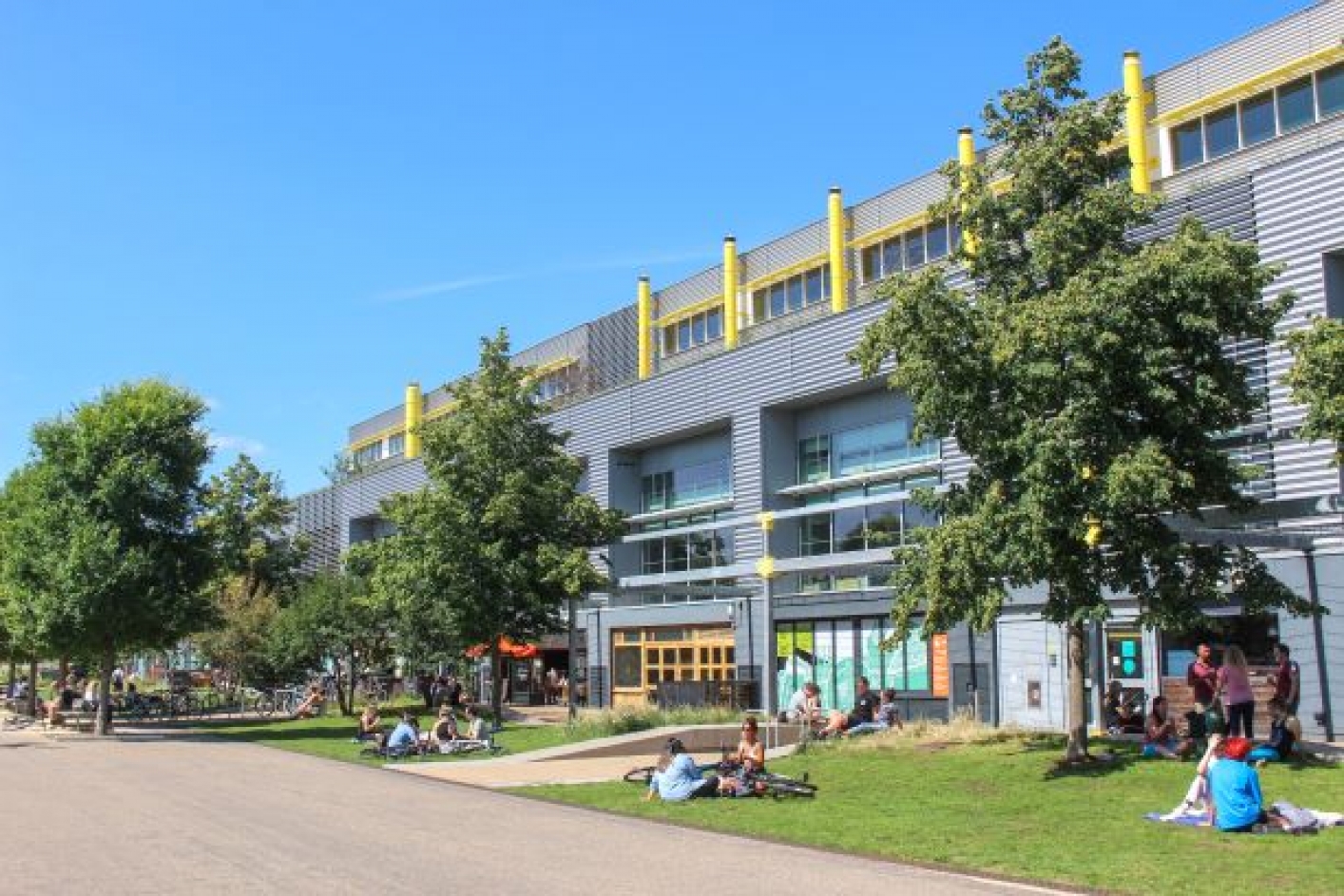
Background and request for advice
The sustainability of business parks needs to be given a boost. Reducing and greening energy use and mobility are lagging behind, as are promoting circularity, climate adaptation, and restoring biodiversity. There are also questions about how efficiently space is used in business parks, as well as about their accessibility.
For a long time, business parks received relatively little attention – unlike industrial clusters (heavy industry), for example. The Dutch climate agreement, for instance, does not mention them. But recently there has been a growing focus on business parks on the part of the Dutch state, provinces, and municipalities. However, that focus is mainly on the landscape effects of large-scale distribution centres – more and more “big boxes” – and the competition for space between business parks and other functions that require space, such as housing. There is no policy aimed at making business parks themselves more sustainable, integrating the various sustainability challenges. The unique character of business parks – multiple different types of companies located in close proximity to one another – offers combined opportunities for accelerating the process of making Dutch society and the economy more sustainable and increasing overall well-being in the Netherlands.
Business parks fulfil an important economic function and have a major impact on the living environment. The Netherlands has some 90,000 hectares of business parks, or just under a quarter of the country's total built-up area. The 3800 business parks in the Netherlands generate about 40% of GDP and account for 30% of jobs.
In its long-term national growth strategy – which focuses on strengthening the country’s “sustainable earning capacity” for future generations – the Netherlands aims for a carbon-neutral, resource-efficient, nature-inclusive, and socially just society. As the workplace of the economy, business parks play a crucial role in this.
The main question addressed in the report is “How can we accelerate the sustainability of business parks and the companies located there? What does this mean for the roles, responsibilities and instruments of central government and other public authorities, market players, and society? The report has been included in our work programme for 2022-2023, and can therefore be categorised as a requested advisory report.
Planning
The advisory report is expected to be issued at 31 October 2023.
Composition of the council committee
Erik Verhoef, Council member Rli and committee chair
Niels Koeman, Council member Rli
Yourai Mol, junior Council member Rli
External committee members
Cees-Jan Pen, lector Fontys Hogescholen
Nienke Homan, former Provincial Executive member, Groningen
For more information about the advisory report or to comment, please contact the project leader Evert Nieuwenhuis, evert.nieuwenhuis@rli.nl, +31 (0)6 21 92 65 0